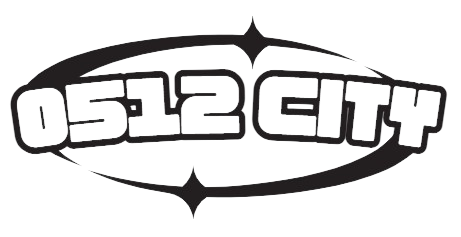In an era of globalization and digital connectivity, the ownership of media outlets has become a critical factor in shaping public discourse, influencing political agendas, and impacting cultural narratives on a global scale. From multinational conglomerates to state-controlled entities, the landscape of international media ownership is characterized by a complex web of power dynamics that often go unnoticed by the general public. In this article, we’ll explore the intricacies of international media ownership, examine the implications of concentration and consolidation, and discuss the challenges posed to media diversity and freedom of expression.
The Global Media Landscape: A Mosaic of Ownership
The ownership of media outlets varies widely across countries and regions, reflecting diverse regulatory environments, cultural norms, and economic structures. In some countries, media ownership is concentrated in the hands of a few powerful conglomerates that control television networks, newspapers, and digital platforms. These conglomerates often wield significant influence over public opinion and political discourse, shaping narratives to align with their commercial or ideological interests.

On the other hand, there are countries where media ownership is heavily influenced or directly controlled by the state, leading to government censorship, propaganda, and suppression of dissenting voices. In such environments, independent journalism faces immense challenges, and freedom of expression is often curtailed in the name of national security or social stability.
The Rise of Global Media Giants
In recent years, the trend of consolidation and mergers has led to the emergence of global media giants with unprecedented reach and influence. Companies like Comcast, Disney, and AT&T in the United States, and Tencent, Alibaba, and Baidu in China, have expanded their empires through acquisitions and strategic partnerships, dominating multiple facets of the media landscape, from film and television to digital advertising and social networking.
These mega-corporations not only control vast amounts of content and data but also wield considerable political and economic power, often leveraging their influence to shape regulatory policies, lobby governments, and silence dissenting voices. The concentration of media ownership in the hands of a few powerful entities raises concerns about monopolistic practices, market competition, and the erosion of media diversity.
Challenges to Media Diversity and Freedom of Expression
The concentration of media ownership poses several challenges to media diversity and freedom of expression on a global scale. Firstly, it limits the plurality of voices and perspectives represented in the media, as dominant players prioritize content that aligns with their commercial or ideological interests, while marginalizing alternative viewpoints.
Secondly, media consolidation can lead to conflicts of interest and ethical dilemmas, as journalists and content creators face pressure to prioritize corporate interests over journalistic integrity and public accountability. This can result in biased reporting, self-censorship, and the suppression of investigative journalism that holds powerful entities to account.
Furthermore, the influence of powerful media owners extends beyond national borders, shaping narratives and agendas on a global scale. In an interconnected world where information knows no boundaries, the actions of media moguls in one country can have far-reaching implications for public discourse and democratic processes in other parts of the world.
Toward Media Pluralism and Democratic Discourse

In order to address the challenges posed by concentrated media ownership, there is a pressing need to promote media pluralism, diversity, and independence. This requires robust regulatory frameworks that safeguard editorial independence, ensure transparency in media ownership, and promote competition and diversity in the marketplace.
Additionally, civil society plays a crucial role in holding media owners and regulators accountable, advocating for transparency, accountability, and ethical standards in media practices. Independent media watchdogs, journalists’ associations, and grassroots movements can help expose abuses of power, challenge monopolistic practices, and amplify marginalized voices in the media landscape.
Moreover, technological advancements and the rise of digital platforms offer new opportunities for independent journalism and citizen participation in the media ecosystem. From social media to crowdfunding platforms, digital technologies empower individuals and grassroots organizations to produce and disseminate alternative narratives, challenge mainstream discourse, and hold power to account.
In conclusion, the power dynamics of international media ownership are complex and multifaceted, with far-reaching implications for democracy, freedom of expression, and cultural diversity. As we navigate the challenges posed by concentrated media ownership, it is essential to uphold principles of media pluralism, independence, and transparency, ensuring that the media remains a vibrant and diverse marketplace of ideas in the digital age.
